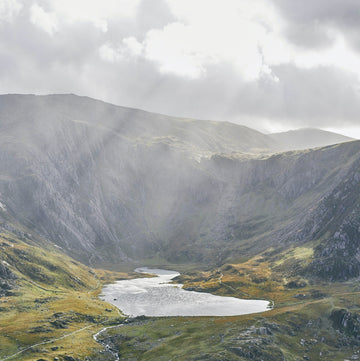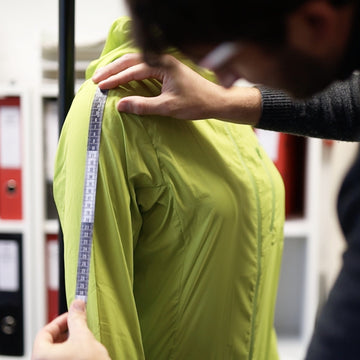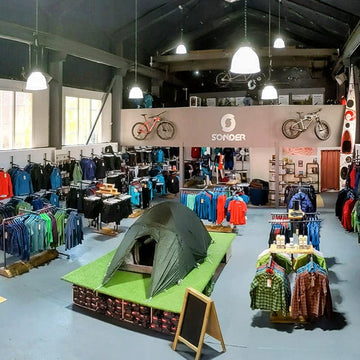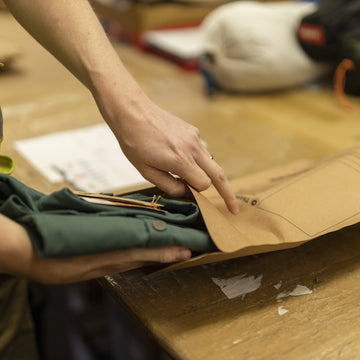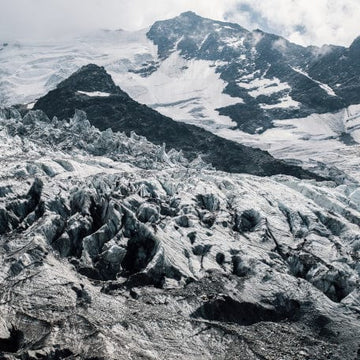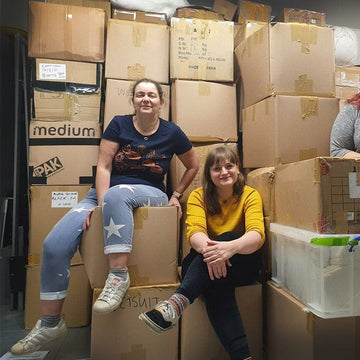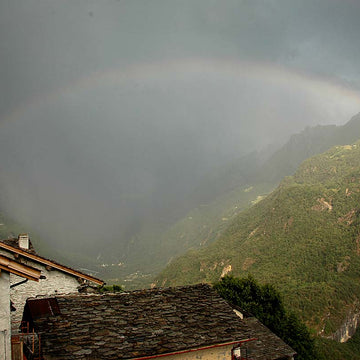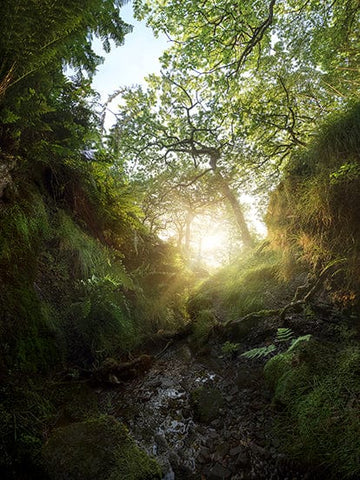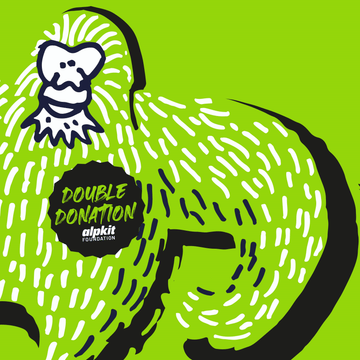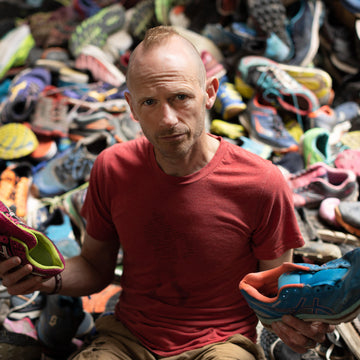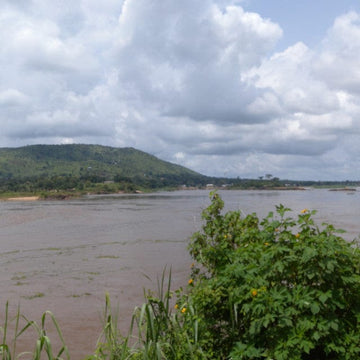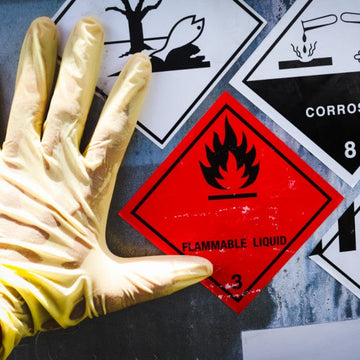
If not carefully managed, the outdoor products we love could be tied to deforestation. Alpkit is committed to eliminating deforestation from its supply chain and works closely with its partners and factories to achieve this.
Without care and action, the outdoor clothes we wear and products we use could be associated with deforestation. We aim to eliminate the risk deforestation in our outdoor products. We've got clear policies and commitments with our suppliers, partners and factories.
A Brief Overview
- Why does deforestation matter?
- What products contribute to deforestation?
- What does Zero Deforestation mean?
- Alpkit Zero Deforestation Policy
- Where can I find out more about deforestation?
Why does deforestation matter?
Temperate and tropical forests are some of the most valuable ecosystems on our planet. We depend on them for our survival. They are an invaluable home for biodiversity and help mitigate climate change, protect soils from degradation. Plus, they support the livelihoods of almost 2 billion people who depend on them.
According to the World Wildlife Fund, deforestation causes an estimated 15% of global greenhouse gas emissions. It's second only to burning fossil fuels.

What products contribute to deforestation?
Beef, soy, palm oil and wood are the main contributors to deforestation. And deforestation has also been associated with rubber and plant based fibres such as viscose, rayon, lyocell and bamboo.
What does Zero Deforestation mean?
Zero deforestation means that no forest areas are cleared or converted. It allows for sustainable management of forest ecosystems, and includes the allowance for harvesting timber at a sustainable level which does not negatively impact biodiversity (such as under the Forest Stewardship Council standard).
Alpkit Deforestation Policy
We have specific policies in place to address standards of production for products like cardboard, paper, wood and palm oil. We confirm with our suppliers and factories that we use certified sustainable sources. This is especially important for products that are associated with deforestation: wood, palm oil and bamboo.
We recognise the need for further action to protect vulnerable ecosystems and improve traceability. As such, we are working towards an ambition for all products to be assured Zero Deforestation by 2025.
Where can I find out more about deforestation and outdoor products?
There are many resources available online to learn more about deforestation.


![Kraft [Mens]](http://eu.alpkit.com/cdn/shop/files/KRAFT_MENS_1.jpg?v=1762543282&width=768)



![Werk [Mens]](http://eu.alpkit.com/cdn/shop/products/WERK_MENS_OUTER-SPACE_TENERIFE_005982__4000px_478d68d7-b290-43f9-9ab5-ed40be8b942d.jpg?v=1699438586&width=768)
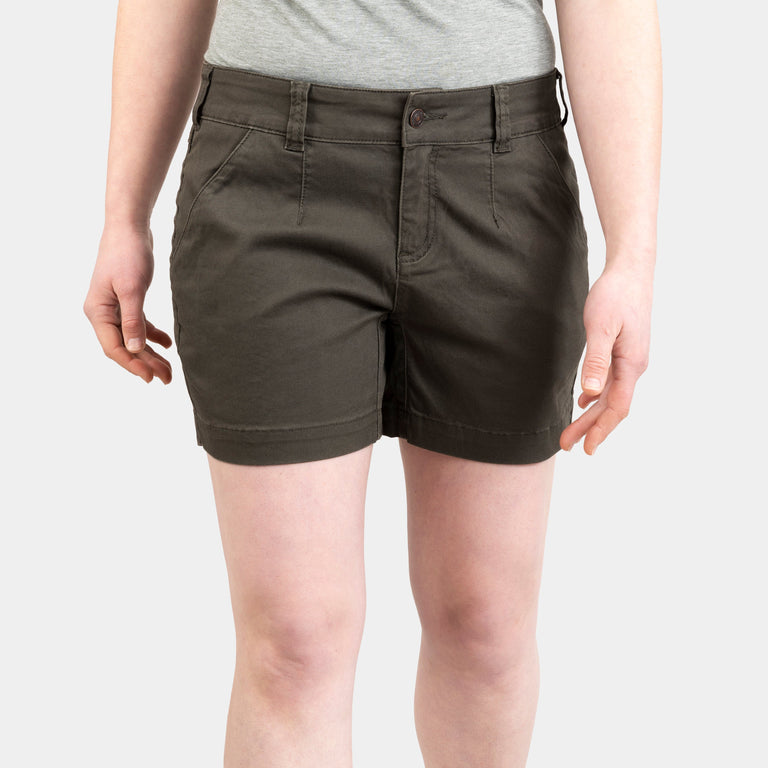

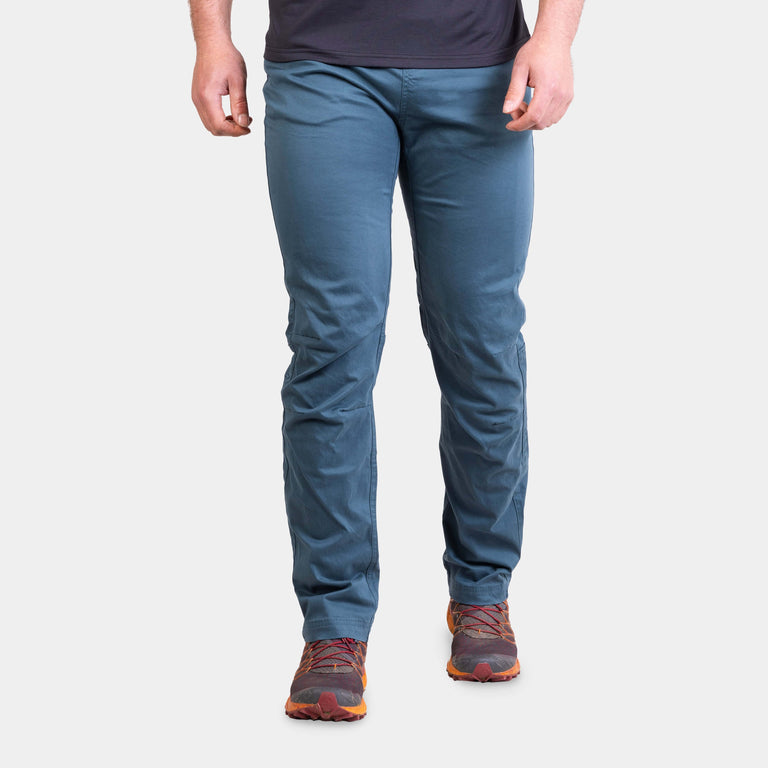

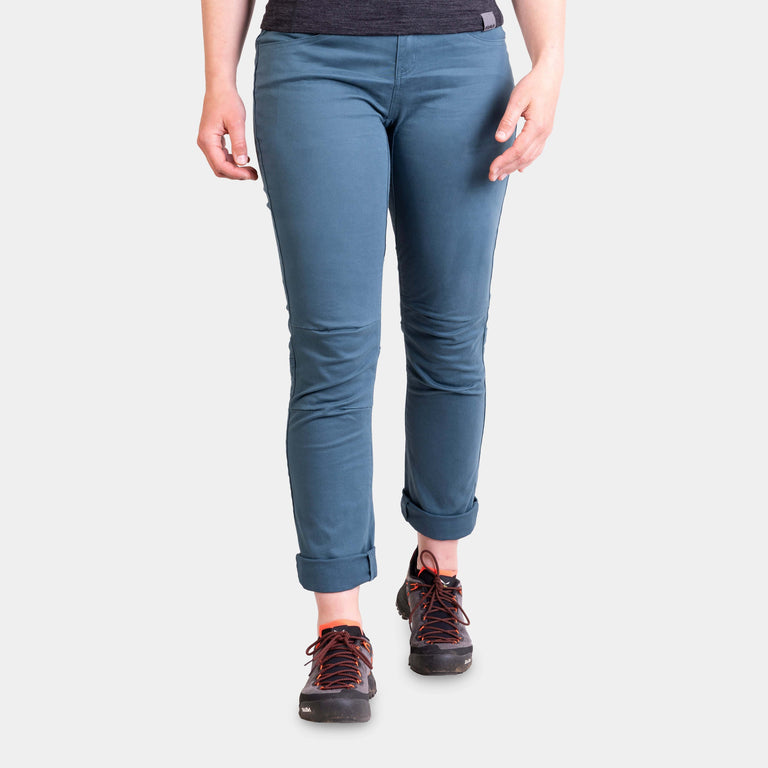
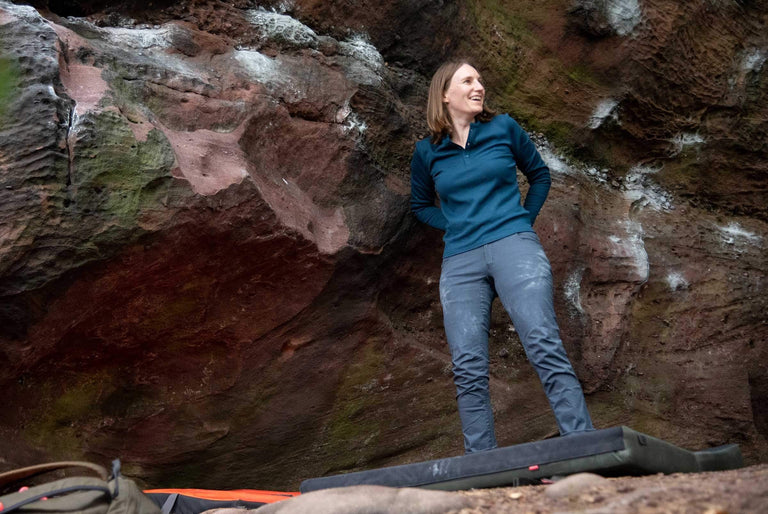


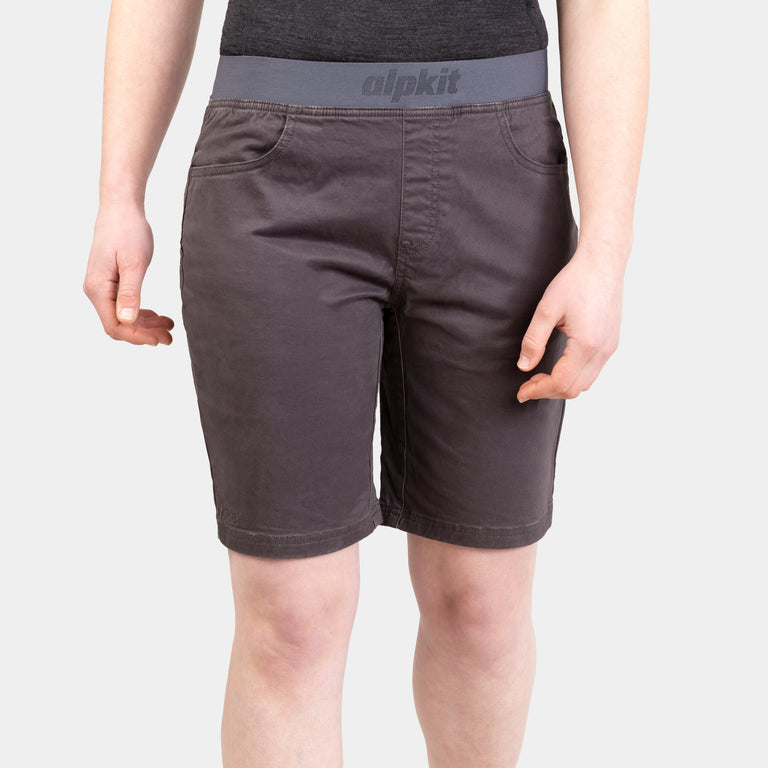




![Kepler Vest [Womens]](http://eu.alpkit.com/cdn/shop/products/kepler-vest-womens_e5d34f85-8548-4869-ae69-02f87f7c78ed.jpg?v=1699438346&width=768)
![Kepler Short Sleeve [Mens]](http://eu.alpkit.com/cdn/shop/files/mens-kepler-short-sleeve-2026-stirling-temp.jpg?v=1768763080&width=768)
![Kepler Short Sleeve [Mens]](http://eu.alpkit.com/cdn/shop/products/mens-kepler-short-sleeve-navy.jpg?v=1768763080&width=768)
![Kepler Short Sleeve [Womens]](http://eu.alpkit.com/cdn/shop/files/womens-kepler-short-sleeve-2026-cosmos-temp.jpg?v=1768417319&width=768)
![Kepler Short Sleeve [Womens]](http://eu.alpkit.com/cdn/shop/files/womens-kepler-short-sleeve-cosmos.jpg?v=1768417319&width=768)







